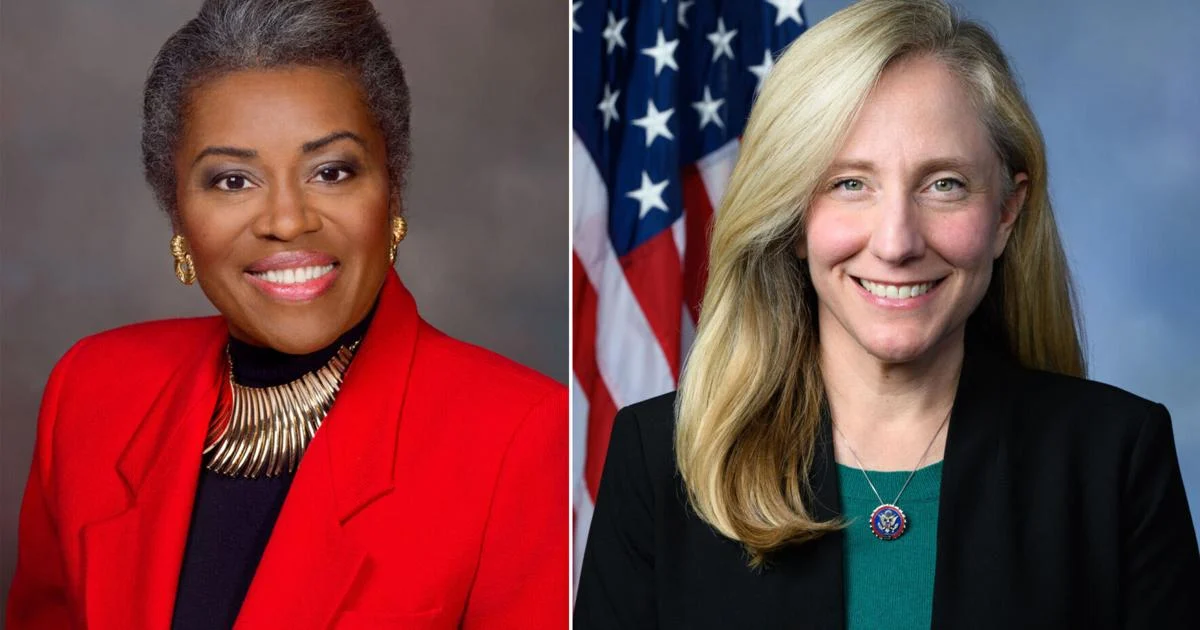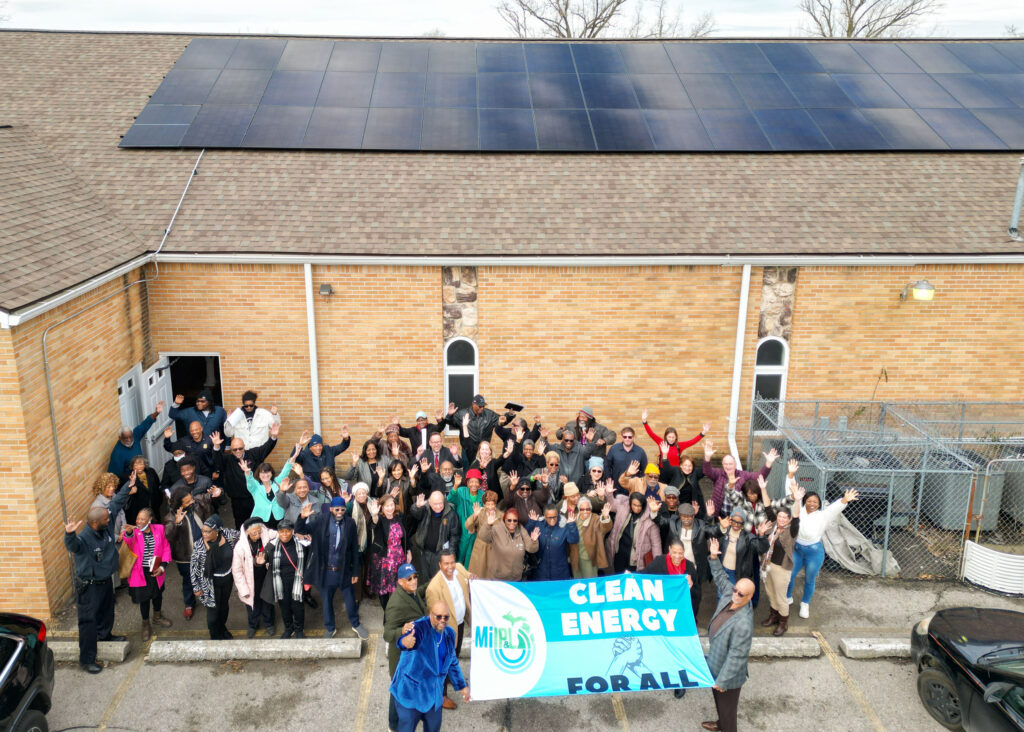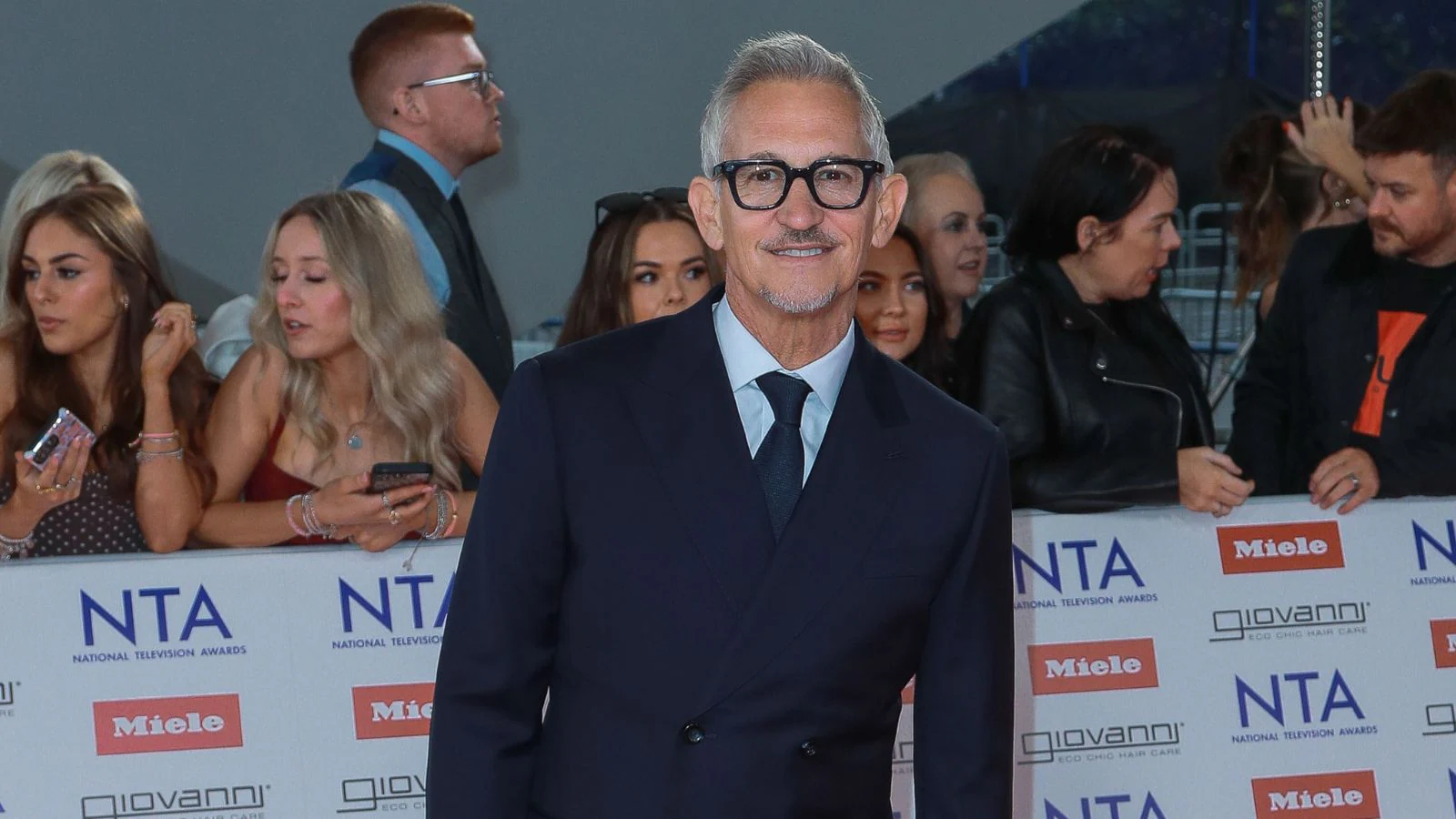
What the state can, and should, do for Virginians with disabilities was on the mind of candidates speaking to an online forum Monday evening.
All six candidates for governor, lieutenant governor and attorney general participated in the forum, hosted by ARC of Virginia and the Autism Society of Northern Virginia – a rare event in Virginia politics.
They all promised to make helping people with disabilities a priority, and promised to listen to individuals’ and families’ concerns and needs.
Advocates over the years have criticized state efforts for long waiting lists for some services and low payments for the people and agencies that provide vital services that help people with disabilities lead independent lives. They have said the response of emergency workers and police to people in crisis can land individuals with developmental disabilities in court or jail, and that employment options are limited.
Lt. Gov. Winsome Earle-Sears, the Republican candidate for governor, said Monday that she helped Gov, Glenn Youngkin move 18 bills through the General Assembly. These included a $247 million appropriation to add 3,440 Medicaid waivers for services, clearing a waiting list of Virginians with intellectual and developmental disabilities with urgent need for support, while funding still more waivers, increasing access at public meetings and increasing training for police when helping people in crisis.
“Each of these accomplishments and more have been made and have made Virginia a better, safer place for those of us who have disabilities,” she said. “So, there’s so much more to be done. It’s never enough.”
Abigail Spanberger, the Democratic candidate for governor, said she would work to make sure Virginians have the options to care for their loved ones at home, ensure that caregivers are fairly compensated, and make sure all Virginians have access to safe, quality care.
“Supporting our neighbors means connecting them with the education, the workforce training and the job opportunities that will set them up for success,” Spanberger said. “Supporting our neighbors means improving access to safe housing that is affordable to them,” she added.
In response to a question about voting rights that noted that many prisoners have disabilities, Spanberger said she supports a proposed constitutional amendment that would restore rights to people who have served their time for felonies. Earle-Sears said she is open to the idea of restoring rights for people who have served time for nonviolent felonies.
State Sen. Ghazala Hashmi, D-Chesterfield, who is running for lieutenant governor, said her focus on people with disabilities dates back to her work in the community college system to ensure accommodations for students. She said that as a state senator she’s worked on legislation that included making sure sign language interpreters are at all state agencies, and removing outdated language in the state law.
“When I joined the Virginia Senate in 2020, I asked to be placed on the Virginia Disability Commission so that I could work on the issues, the legislation, the budget priorities that impact so many families,” she said.
Her Republican opponent, former Richmond radio broadcaster John Reid, said his priorities include making sure people with disabilities aren’t left behind in the response to natural disasters. He said he also wants to ensure that schools and workforce programs offer real choices for families and meaningful employment.
“I’m the son of public school educators. My father was a principal. My mother was an elementary school teacher,” Reid said. “Throughout my life, I’ve heard them talking about the struggles of students and adults who needed a little bit of extra assistance without robbing their dignity,” he said.
Former Del. Jay Jones, D-Norfolk, who is running for attorney general, said he would expand the Office of the Attorney General’s civil rights unit, and battle against cuts in Medicaid, which funds critical services for people with disabilities.
“As attorney general, protecting and defending Virginians’ civil and constitutional rights and ensuring that no Virginian is discriminated against will be a top priority for me,” Jones said.
Attorney General Jason Miyares, a Republican who is seeking reelection, said he has worked to protect students from discrimination and to fight against housing discrimination. He said he also has worked to introduce the “blue envelope” program – a way of notifying police when they are interacting with individuals with autism.
“Aa attorney general, I view my role as the top law enforcement officer of the state as the people’s protector,” he said.
State government plays a critical role in the lives of thousands of Virginians with disabilities.
The Department of Medical Assistance Services, the state’s Medicaid agency, funds many of these supports, especially through waiver programs that allow payment for nonmedical services.
The state Department of Behavioral Health and Developmental Services funds a wide range of services for people with cognitive and developmental disabilities.
The Department for Aging and Rehabilitative Services manages programs and grants to help people with brain injuries, as well as case management services for people with severe physical and sensory disabilities.
The Department for the Blind and Vision Impaired and the Department for the Deaf and Hard of Hearing provide help to Virginians with those disabilities, and the Virginia Assistive Technology System helps people access necessary devices.



